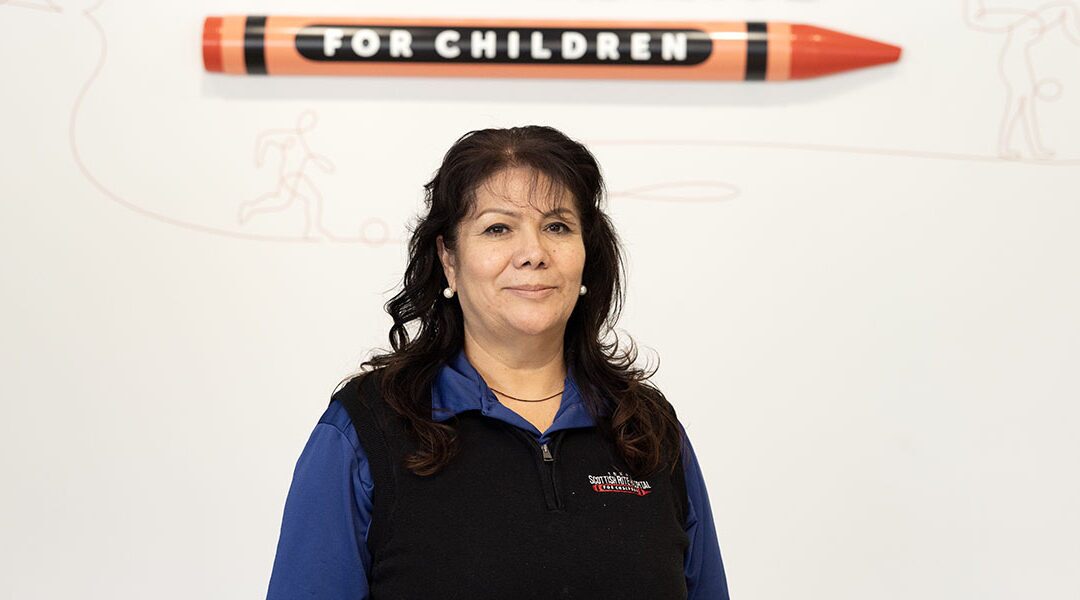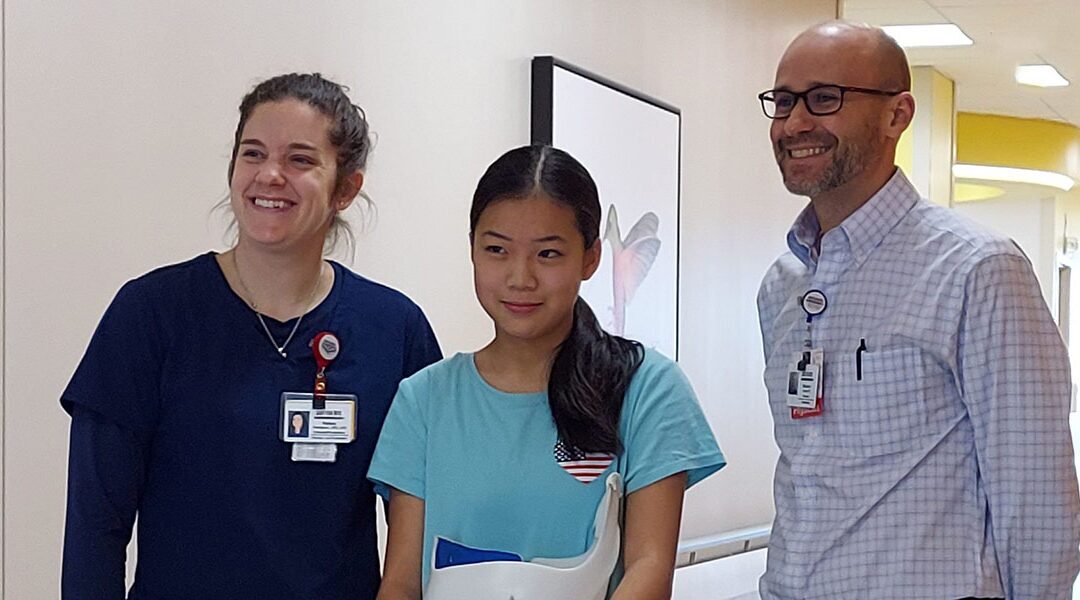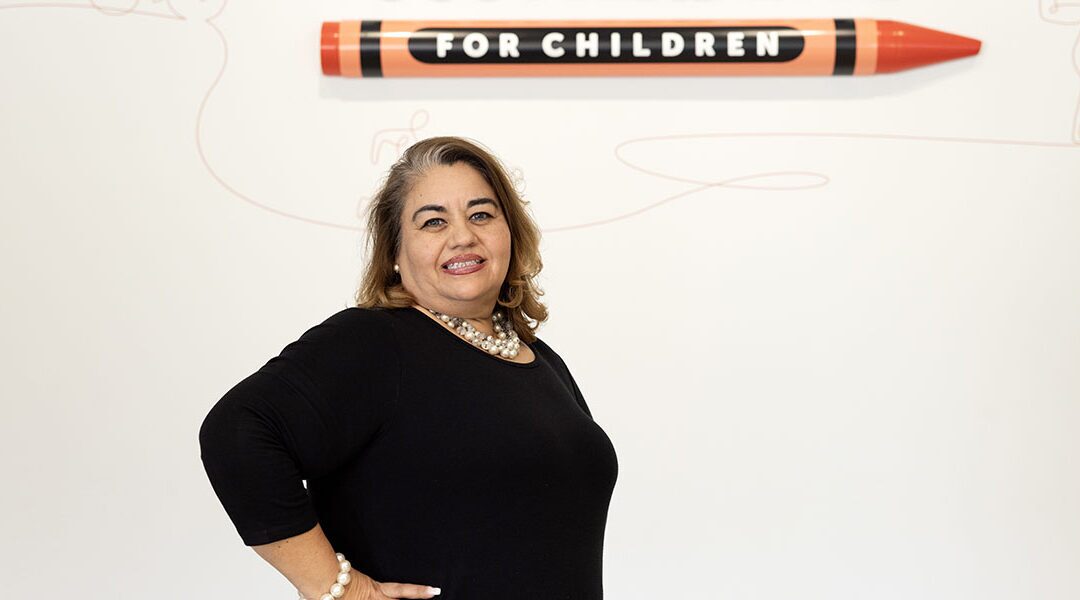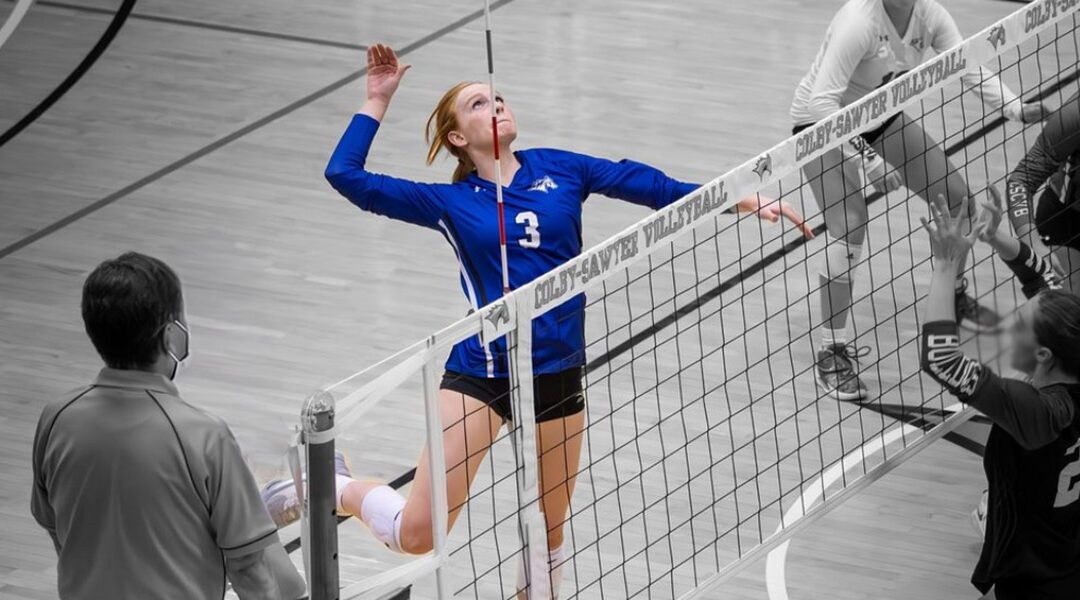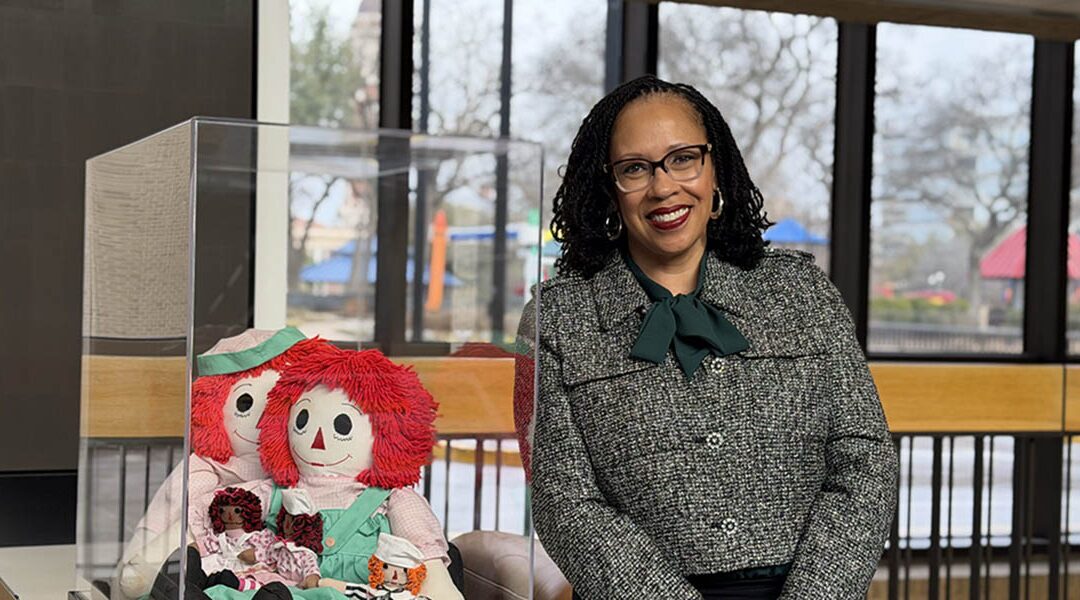
Get to Know Our Staff: Frazet Lankford, IT
What is your job title/your role at Scottish Rite?
I am the executive assistant for Scottish Rite’s IT department. I support leadership by ensuring that daily operations run smoothly.
What is the most fulfilling part of your job?
What I find most fulfilling is being part of a mission that truly impacts lives. Supporting our IT department means helping provide the tools and systems that empower our teams at Scottish Rite to deliver the best care possible.
What makes Scottish Rite a special place to you?
What makes Scottish Rite special to me is the strong sense of connection from the staff and the relationships we form with our patients and their families truly makes it feel like a family.
What made you choose a career in health care?
My passion for helping others naturally led me to healthcare. The mission we serve is deeply rewarding and gives purposes behind every day I come into the office. Before joining the Scottish Rite family, I dedicated five years to the HR department at Children’s Medical Center of Dallas.
What is something unique you get to do in your position?
One unique aspect of my role is that I get to collaborate with our talented IT team whose work directly supports the care and healing of our patients. Being able to see that connection makes my role unique and meaningful.
What’s your favorite thing to do outside of work?
Outside of work, I enjoy spending time with my family, traveling and horseback riding.
Do you have any hidden talents?
One of my hidden talents is music. I can sing and play the alto saxophone. I enjoyed being part of my junior high school’s jazz band.
Where are you from and what brought you to DFW?
I was born and raised in Dallas, Texas — a rarity these days!
If you could travel to anywhere in the world, where would you go and why?
Bora Bora has always been a dream destination for me because of the turquoise waters, beautiful beaches and overwater bungalows. It is a slice of paradise, which is the perfect place to relax and recharge.
If you had to pick one meal to eat for the rest of your life, what would it be?
I would choose lasagna with a caesar salad. I have always loved Italian food because it is flavorful, delicious and filling.
What movie do you think everyone should watch at least once?
“The Ten Commandments” with Charlton Heston.
What is the first concert you attended?
The first concert I attended was Take 6, an acappella gospel group.
What Is your favorite DFW hidden gem?
Sky Blossom Bistro
If you were to have a movie based on your life, which actress/actor would you choose to play your character?
If there were a movie based on my life, I would choose Nicole Ari Parker to play my character.
What is some advice you would give your younger self, OR what’s the best piece of advice you’ve received?
I would tell my younger self to always lead with kindness and live with gratitude. I try to live by this every day.


